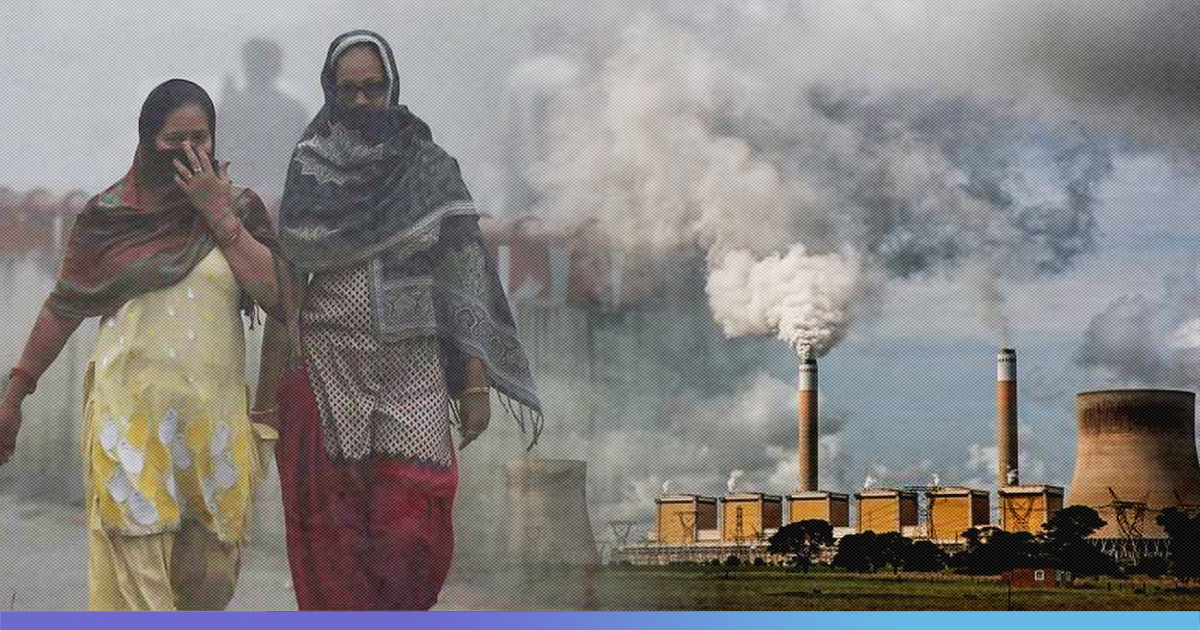
15 Of The Top 20 Most Polluted Cities Are In India, Govt Must Act Swiftly
28 May 2019 10:00 AM GMT
Editor : Sumanti Sen
Sumanti Sen is an English Literature graduate who believes "there's just one kind of folks. Folks.".
A common experience in cities across India every day, we walk along dusty roads, struggling to breathe and staggering to get back home.
India, which is the world’s second most populous country and a developing economy, has a long way to go to improve its air quality for its residents. A harrowing 2019 report by World Health Organization (WHO) revealed that 15 of the top 20 most polluted cities are from India.
Gurugram, with an average annual particulate matter (PM 2.5) quality of 135 g/m3, tops the chart.
Alarming Study
World Health Organization advisory states that fine particles of less than 2.5 micrometres in diameter should not be exceeding 10 micrograms per cubic metre.
Other Indian cities that have made it to the list include Ghaziabad, Faridabad, Bhiwadi, Noida, Patna, Lucknow, Jodhpur, Muzaffarpur, Varanasi, Moradabad, Agra, Gaya and Jind. Delhi moved down the chart to acquire 11th spot on the list.
Over the past several years, WHO has found that there is a wide array of health issues one can suffer from if exposed to air pollution, including respiratory diseases like asthma and changes in lung function, cardiovascular diseases, adverse pregnancy outcomes such as preterm birth, and even death.
According to reports, in the year 2017, around 12 lakh Indians died due to air pollution.
Children, if exposed to traffic-related air pollution, can alter their brain chemicals and are likely to suffer from mental health issues like depression and anxiety, as per a study quoted in the Deccan Herald.
This comes at a time when trees are being arbitrarily axed to erect concrete blocks across the world, thus snapping us back to reality and forcing us to take air pollution more seriously.
What Can Be Done?
If not tackled early, a combination of household air pollution and ambient air pollution will become almost impossible to address.
While individuals should do their bit by adopting behavioural changes and valuing the environment, a range of solutions exist for the government to look into.
It is important that the government invests in effective urban planning, with energy-efficient power generation. The government must build affordable and green public transport system.
It should improve municipal and industry waste management, and eliminate emissions from biomass and coal energy systems. There should be proper management of agricultural waste and forest fires.
Most importantly, the government should proactively support the transition to clean household energy for cooking, lighting and heating.
The country, which is at the early stages of rapid industrialization and accelerated urbanization, should put policy measures in place to prevent the situation from becoming worse, over and above its official commitment.
Also Read: In 2017, 12 Lakh Indians Died Due To Air Pollution, Smoking Killed Less: Study
 All section
All section













